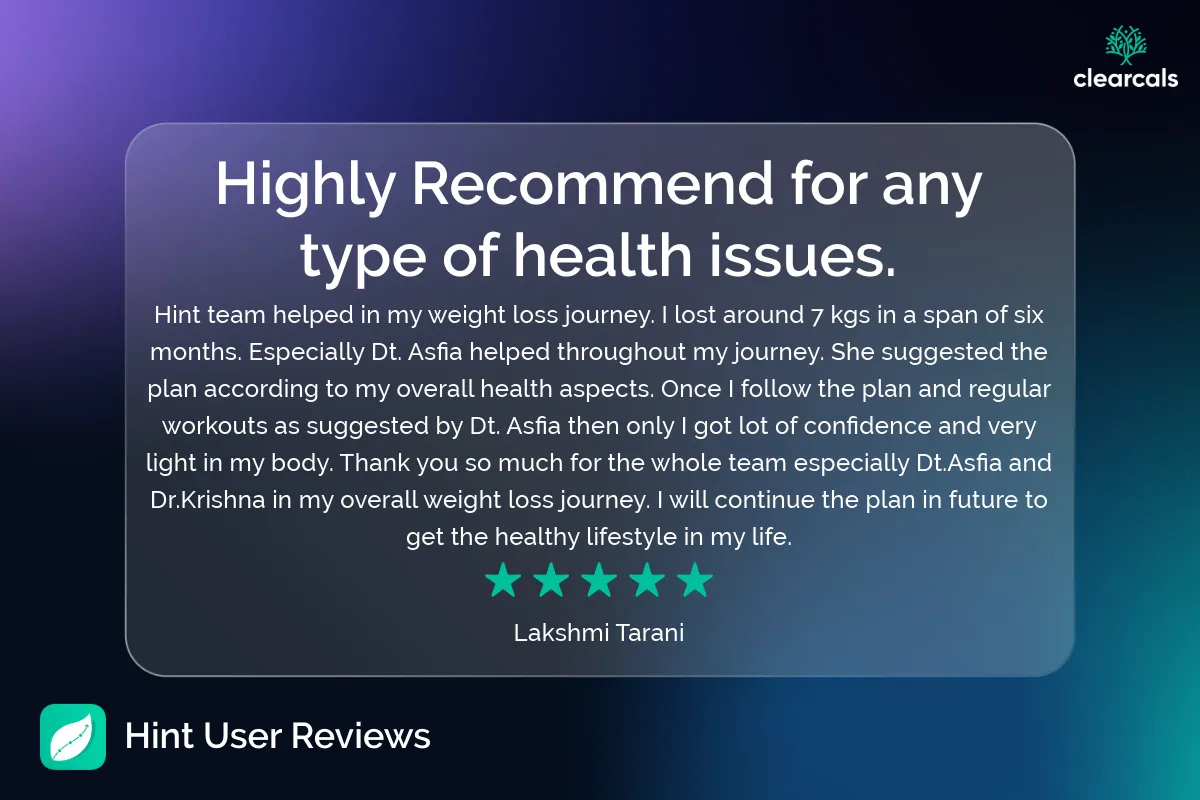Looking for a Personalized Diet Plan?
Does Eating Eggs Increase Blood Cholesterol?

Eggs have been a staple of the human diet for centuries, but their impact on blood cholesterol levels has sparked debate in the world of nutrition.
Are eggs the culprit behind elevated cholesterol, or can they be safely enjoyed as part of a heart-healthy diet?
In this blog, we explore whether eating eggs truly increases blood cholesterol and how you can maintain balanced cholesterol levels while still enjoying eggs in moderation.
We’ll also introduce the Dyslipidemia Diet Plan, available on the Hint app through Hint Pro and Hint Premium subscriptions, which provides personalized dietary guidance for managing cholesterol effectively.
What is Cholesterol?
Cholesterol is a waxy substance found in foods and produced by the liver, vital for normal cell function and hormone production.
However, too much cholesterol in the blood can lead to health complications, including heart disease. The liver plays a key role in balancing cholesterol levels and adjusting production based on dietary intake.
But where do eggs fit into this equation?
How Much Cholesterol Is Present in Eggs?
A large egg (50 grams) contains 183 mg of cholesterol, all in the yolk. Given that the recommended daily cholesterol intake is 300 mg, it’s easy to see why eggs are often flagged in discussions about heart health.
However, eggs also provide numerous essential nutrients, such as dietary choline, which supports liver and muscle functions. So, should you discard the yolk to manage your cholesterol better?
Should You Avoid Egg Yolks?
Although the yolk contains cholesterol, research has shown that eating whole eggs in moderation does not significantly raise blood cholesterol levels or increase the risk of heart disease.
Studies across various populations have found no strong link between egg consumption and cardiovascular disease, including coronary heart disease and stroke.
Moderate egg consumption, about 4-7 eggs per week, has even been associated with a reduced risk of metabolic syndrome, a condition that increases the likelihood of developing heart disease, stroke, and type 2 diabetes.
Moderation is Key
Eggs are nutrient-dense, affordable, and a great source of protein. Including them in your diet, in moderation, is unlikely to cause significant changes in blood cholesterol levels.
Instead, using a nutrition tracker, like the one available in the Hint app, can help you monitor your dietary habits and maintain healthy cholesterol levels.
The Hint app also provides nutritional insights for various egg-based recipes. For example:
- Vegetable Egg Omelette: A rich source of vitamins C and E, but with 81 mg of cholesterol in a medium-sized piece.
- Egg Curry: High in fiber, protein, and essential vitamins, but with 152 mg of cholesterol per small serving (100 grams).
Explore the recipes section of the Hint app for more egg-based dishes, all with detailed nutritional profiles.

Managing Cholesterol with the Hint App's Dyslipidemia Diet Plan
For those specifically managing dyslipidemia, the Dyslipidemia Diet Plan on the Hint app offers personalized meal plans designed to lower LDL and triglycerides while supporting HDL levels.
Available through the Hint Pro and Hint Premium subscriptions, this plan is ideal for anyone seeking tailored nutritional advice to manage cholesterol effectively.
With Hint Premium, you also get access to unlimited dietitian consultations, helping you fine-tune your diet for optimal lipid control.
Start your journey toward better cholesterol management today with the Hint app, and enjoy eggs in moderation, knowing that they can be part of a balanced, heart-healthy diet.






